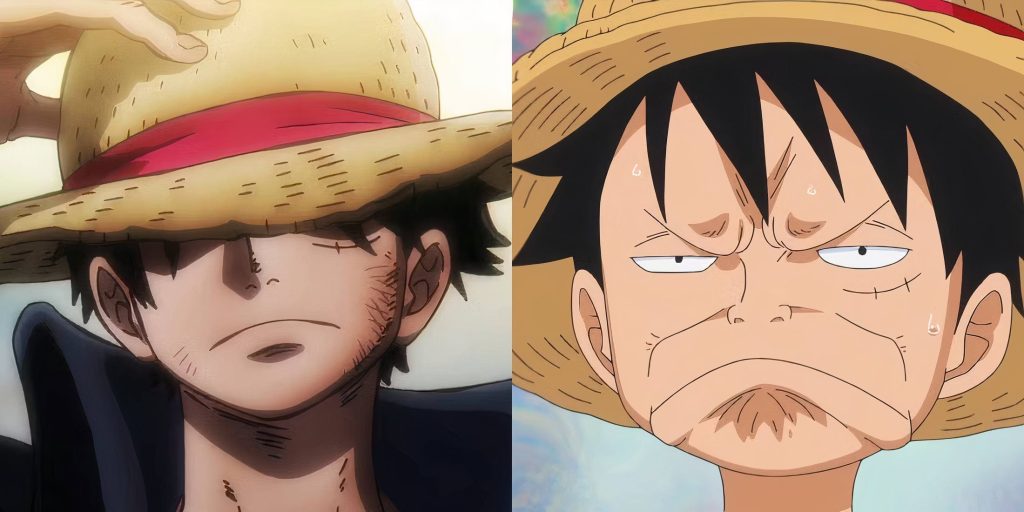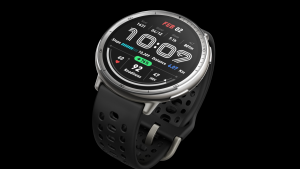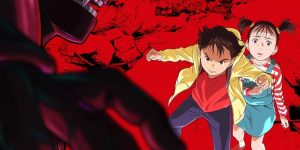This article contains slight spoilers for One Piece’s Elbaf Arc.
Summary
- Power scaling in One Piece can create rifts in the fan base and goes against the show’s goofy nature.
- One Piece saves character strength reveals for key moments, making power scaling difficult.
- Power scaling in One Piece overanalyzes the show and may lead to unrealistic expectations.
Power scaling in One Piece has always been an interesting topic of discussion in the community. On the one hand, it presents an interesting topic of conversation, quantifying the strength of each character, and allowing the fan base to interact with the series on a deeper level. However, at the same time, power scaling, especially in One Piece, can cause massive divides in the fan base overall, causing endless amounts of arguments and discourse.
Despite the large communities of power scalers in One Piece, the practice may not be the healthiest for the series as a whole. Even going beyond the rifts that power scaling creates among community members, as a series, more so than most other Battle Shōnen anime, One Piece and power scaling don’t mix. As the series has taught the audience from the beginning, there are many more important and interesting factors to a character besides strength.
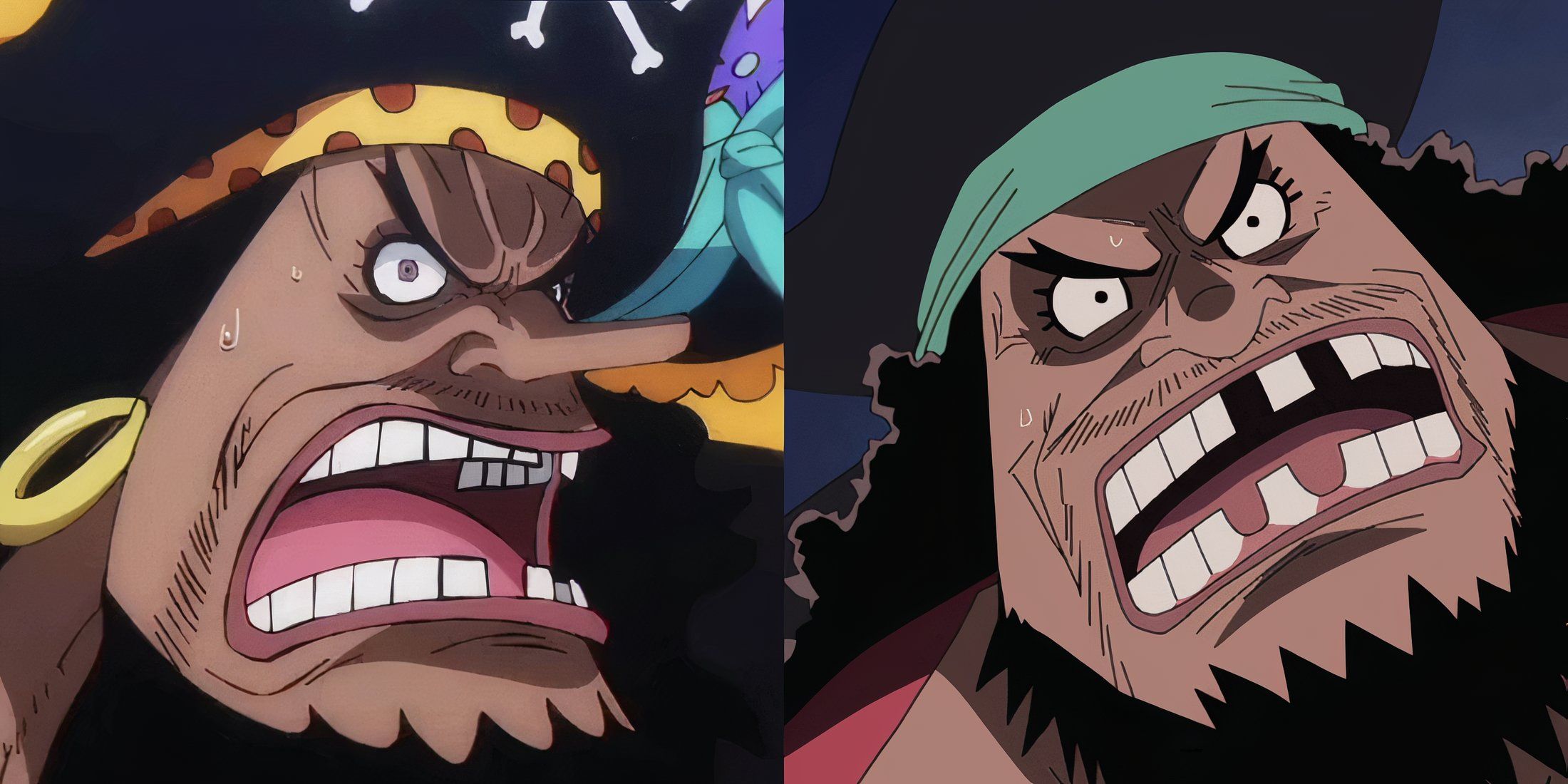
Related
One Piece: Is Blackbeard Underestimated?
Although he is an important villain in One Piece, is Blackbeard underestimated?
Power Scaling Pins Down The Power Of Anime Characters
This Is Especially Hard To Do In One Piece
Power scaling in anime is a practice by the community to attempt to find how strong a character in a series is compared to others. Usually, these power scalers use physical feats from their series, such as the largest object they lifted, or comparisons to strong characters in One Piece they have fought on an equal level with. From here, power scalers attempt to figure out which characters would win in hypothetical fights. For example, they may try to figure out who would win between Dragon and Shamrock in One Piece.
Only Haki can transcend all! – Kaido
However, although many shows have a large focus on showing off the strength of characters, One Piece is a bit different, opting to save the strength of characters for years, without giving a hint of their power. For example, in a fight between One Piece’s Dragon and Shamrock, little has been revealed about either character, meaning that there really is no basis to scale their power. Outside of assumptions based on their positions, power scaling shouldn’t be a possibility for these characters.
Power Scaling Is Unimportant To One Piece Overall
It Goes Against The Goofy Nature Of The Show
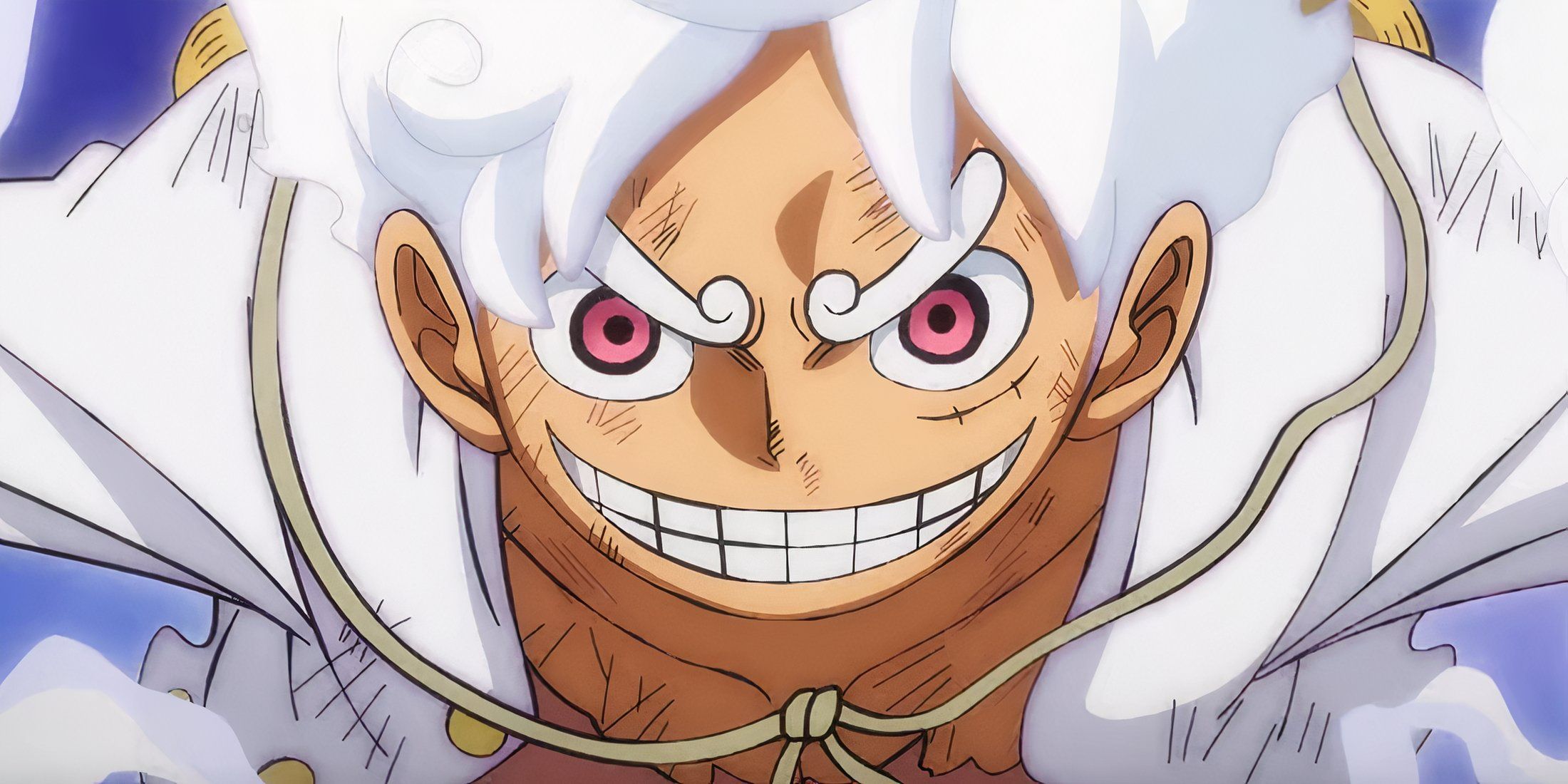
- Power Scaling Over Analyzes The Goofy Fun Of One Piece
- One Piece Is Intentionally Illogical And Fun
This concept presents a major problem for One Piece power scalers and may create an unhealthy atmosphere for the series in general. Firstly, attempting to power scale a character with few physical feats may lead to unhealthy expectations for a character overall. With One Piece focused on big reveals, by analyzing a character like Dragon and scaling him to be incredibly strong, if he isn’t as strong as fans expect, it may ruin the reveal of the highly anticipated character.
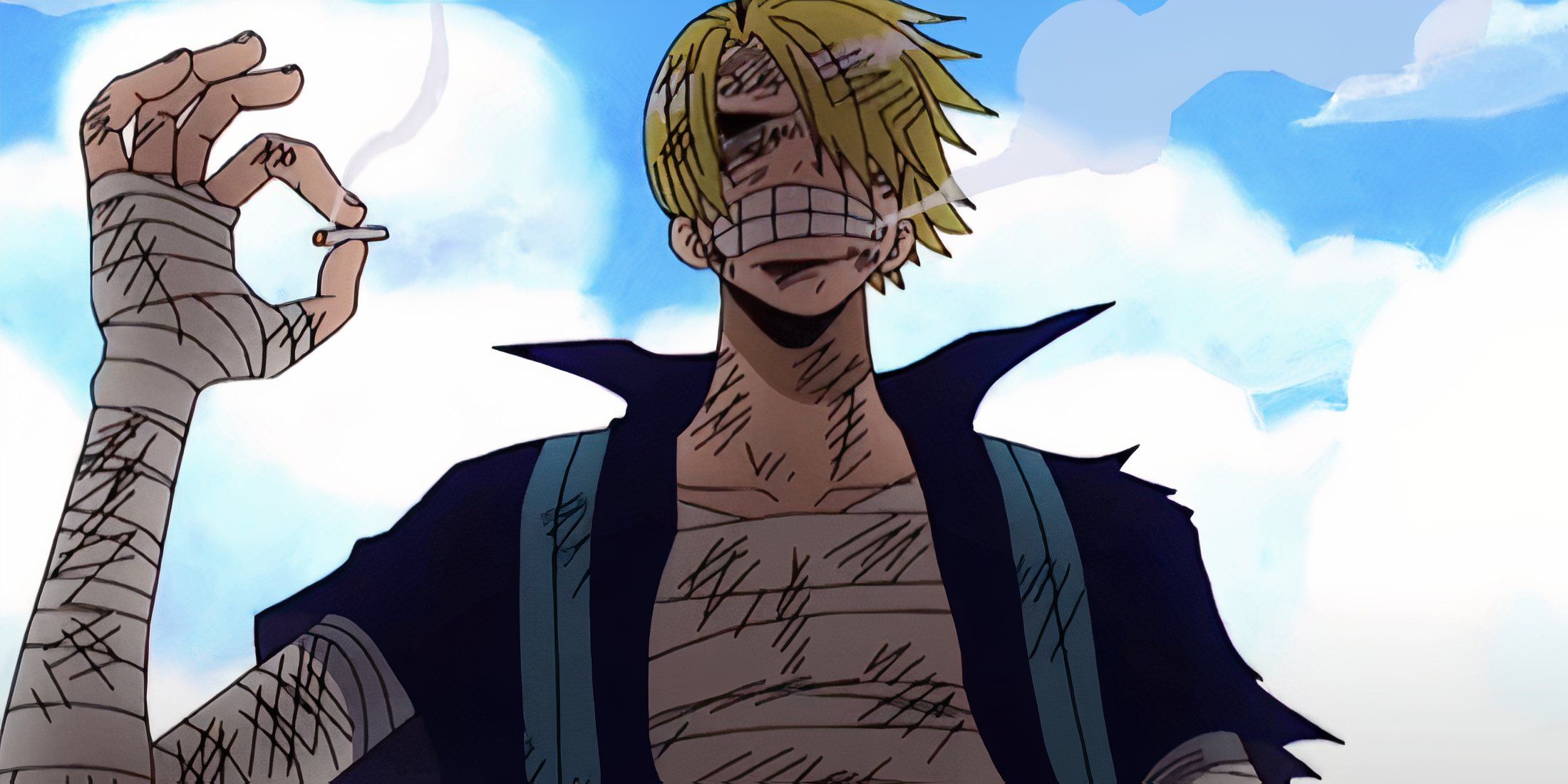
Related
One Piece: This Is Sanji’s Best Moment
Out of his many great moments, this is by far the best Sanji moment in One Piece.
At the same time, being a goofy show at heart, One Piece has never cared too much about the physical strength or feats of a character to determine who wins a fight. Looking at a character like Usopp, many fans consider him to be the weakest member of the Straw Hat Crew. However, he is still able to defeat a strong opponent like Perona through silly and unpredictable means. Overall, One Piece is a goofy show where anything can happen, something that doesn’t conceptually mix with the serious nature of power scaling.
One Piece Is Intentionally Illogical At Times
Power Scaling Takes Things Too Seriously
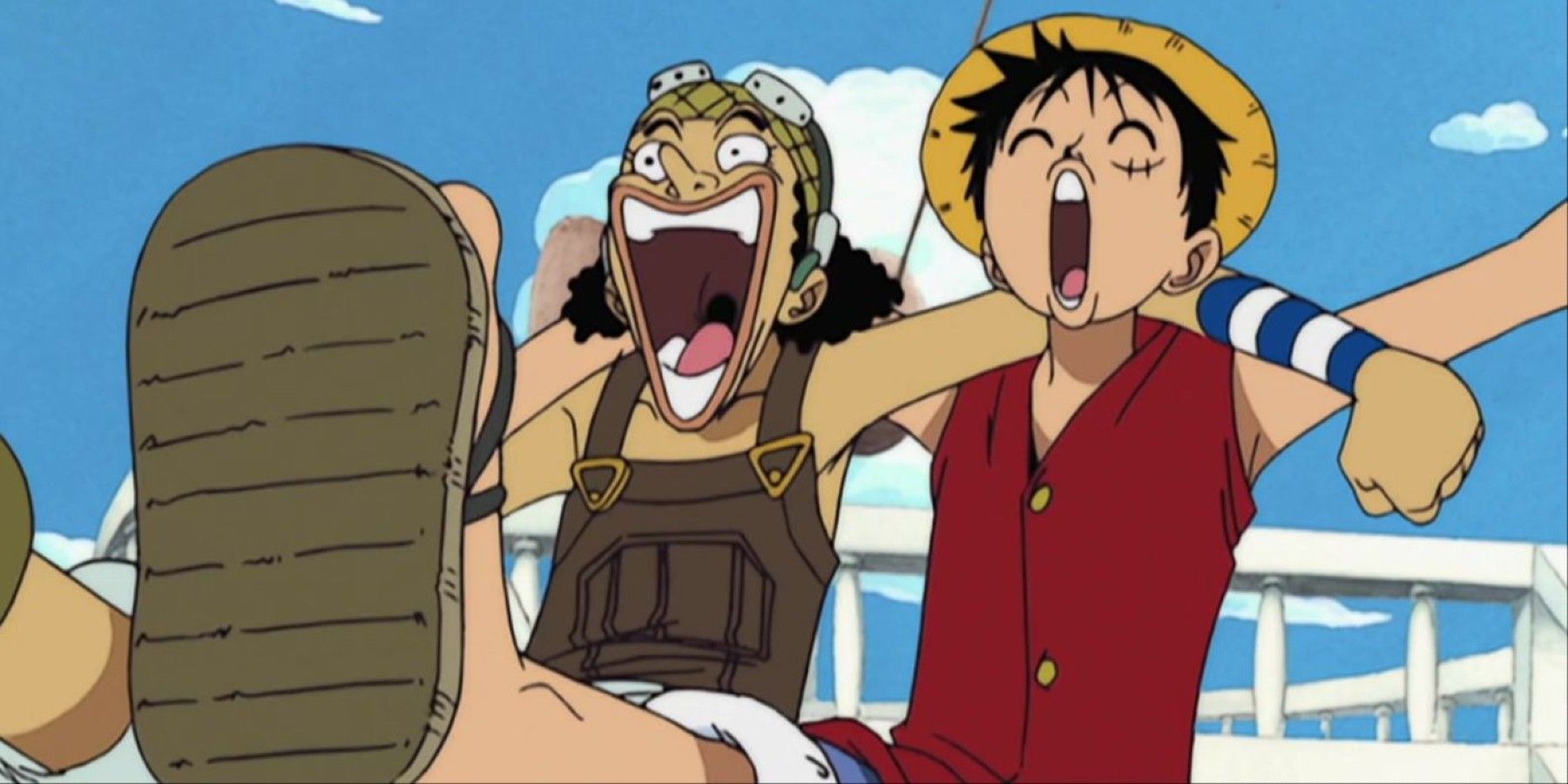
Finally, although power scaling does have its merits, like presenting interesting discussions about characters who have been absent for a long time, the practice tends to micro-analyze the details of One Piece too much. Many things that occur in One Piece are intentionally illogical, capturing the spirit of old cartoons. Trying to apply a consistent logic to an intentionally inconsistent show may cause more problems than it solves.
Hero? No! We’re pirates! I love heroes, but I don’t wanna be one! – Luffy
Overall, One Piece, as a series, isn’t a serious enough show to support intense discussions about power scaling. Mainly, One Piece is a lighthearted experience, focusing more on spur-of-the-moment fun throughout every fight scene, rather than focusing on what is the most consistent in terms of scaling. Additionally, strength seems to be far from the most important aspect of each One Piece character, with emotional concepts like passion often being more important than strength in a fight. Still, in the end, while power scaling may be unhealthy for One Piece as a whole, as long as it’s kept in moderation, it’s still a fun and engaging topic to further engage with an amazing series.
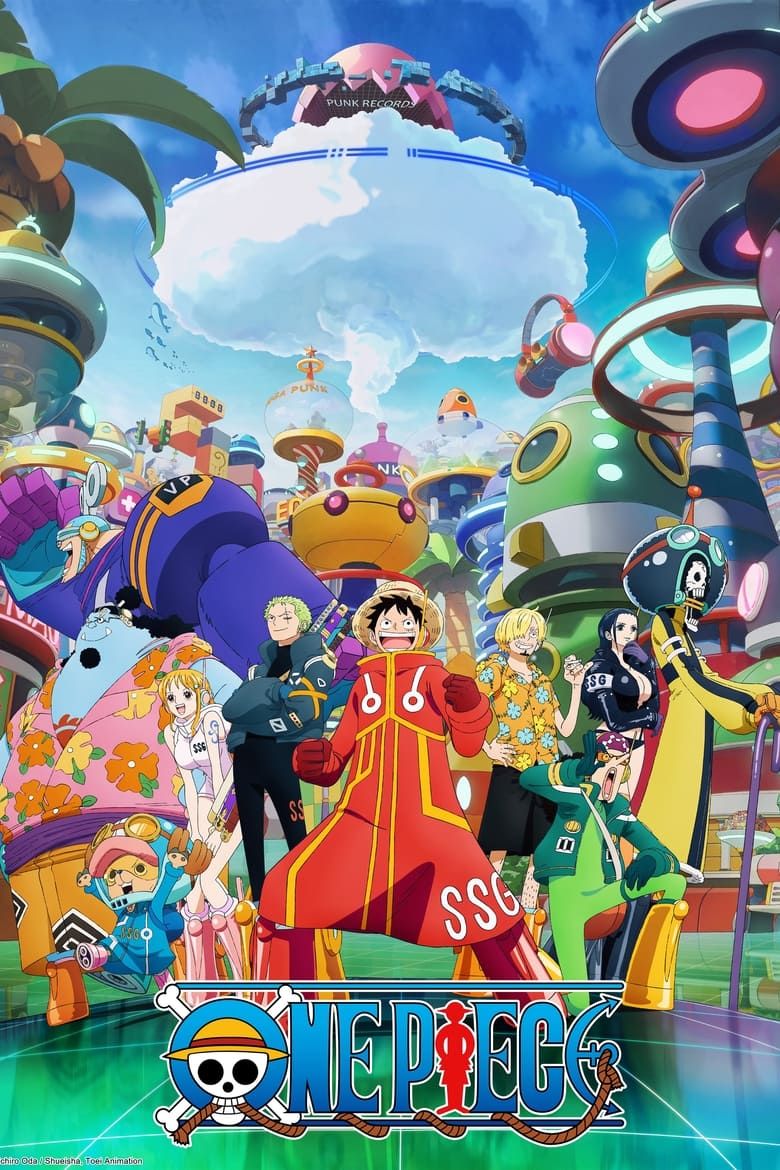
One Piece
- Release Date
-
October 20, 1999
- Network
-
Fuji TV
- Directors
-
Hiroaki Miyamoto, Konosuke Uda, Junji Shimizu, Satoshi Itō, Munehisa Sakai, Katsumi Tokoro, Yutaka Nakajima, Yoshihiro Ueda, Kenichi Takeshita, Yoko Ikeda, Ryota Nakamura, Hiroyuki Kakudou, Takahiro Imamura, Toshihiro Maeya, Yûji Endô, Nozomu Shishido, Hidehiko Kadota, Sumio Watanabe, Harume Kosaka, Yasuhiro Tanabe, Yukihiko Nakao, Keisuke Onishi, Junichi Fujise, Hiroyuki Satou
-

Mayumi Tanaka
Monkey D. Luffy (voice)
-

Kazuya Nakai
Roronoa Zoro (voice)



